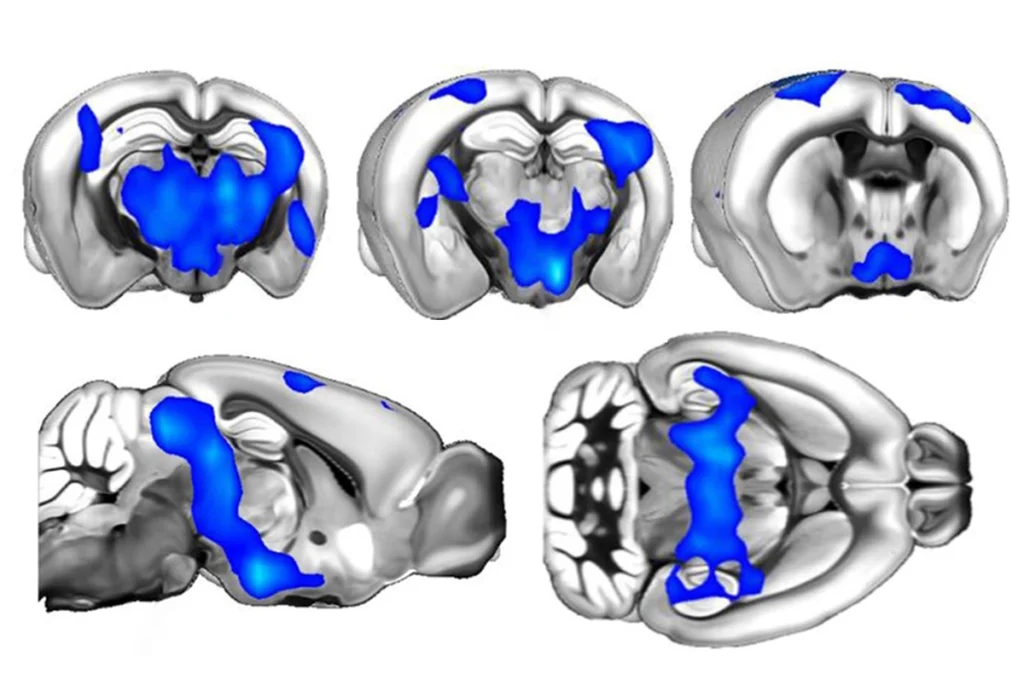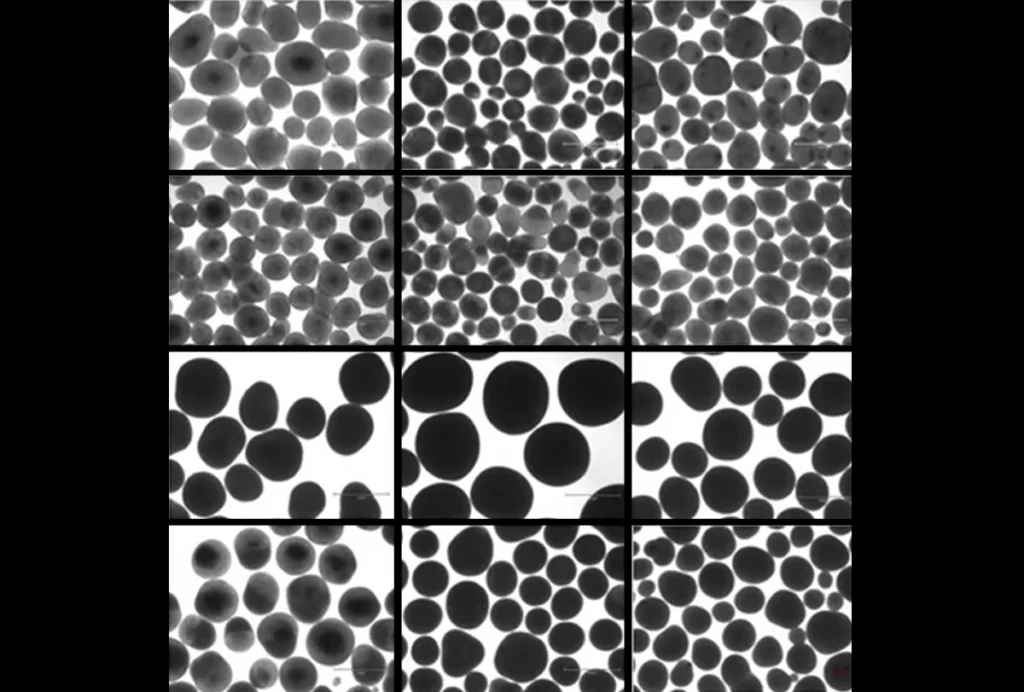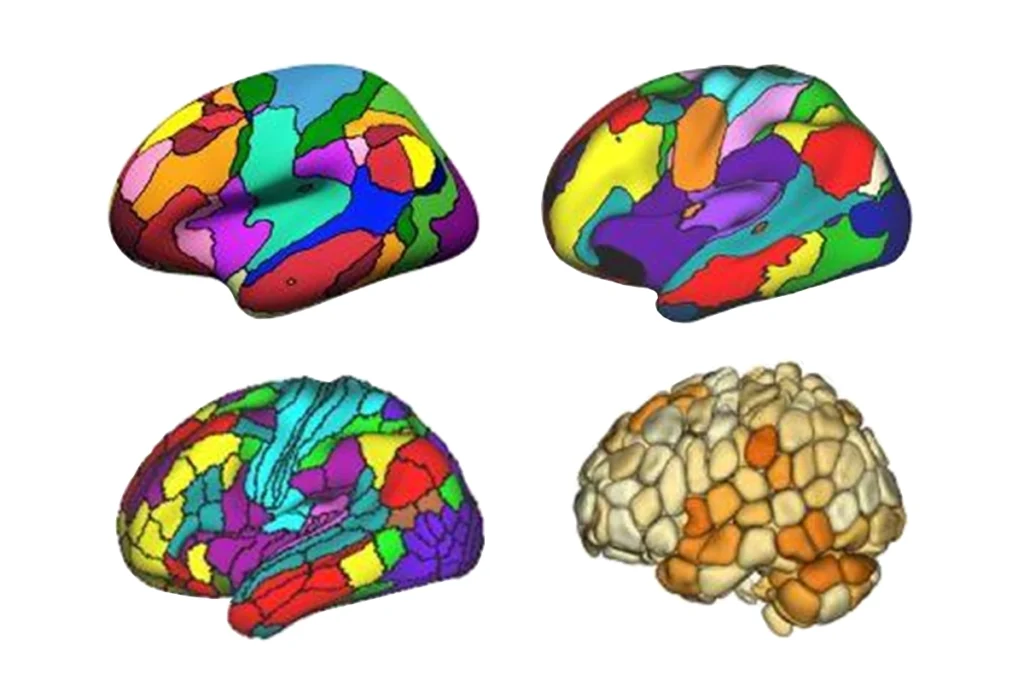Spotted: High hopes; remote diagnosis
Marijuana gets scrutiny as an autism treatment, and a new app may enable remote diagnosis of autism.
- Many parents and some clinicians believe that marijuana can alleviate certain symptoms of autism, science writer Emily Willingham wrote Wednesday on Forbes.com. Some anecdotal evidence seems to support this claim, but Willingham underscores the caveats of this untested (and, in many states, still illegal) line of treatment. She points out that none of the limited number of studies she found verified a benefit for people on the spectrum.At the same time, Willingham writes, there could be irreversible negative consequences for children whose parents medicate them with marijuana. She concludes that although some compounds in marijuana might be safe and beneficial for people with autism, conducting scientific research to address these questions is the only way to find out for sure.
- Parents and teachers can choose from a number of autism-related apps and other digital tools. These technologies may help determine whether a child has autism or assist those on the spectrum with communication and social skills. And now, a couple whose son has autism has created NODA (naturalistic observational diagnostic assessment) — the latest app for expediting the diagnostic process, The Buffalo News reported Monday. The app lets parents capture informative footage of the child that a doctor can view remotely. Its creators believe that its use may reduce wait times to see a specialist, save money and highlight behaviors that might not show up during an office visit.NODA includes instructions for parents on filming their child with a smart phone, such as when to start filming and how to prompt the child, by say, calling his name or pointing to something. A specialist, who can be located anywhere, reviews the footage and follows up with a diagnostic report.
A 2014 study proposing a different method of video diagnosis received strong criticism, but that idea relied on non-specialist volunteers. NODA, which is supported by a grant from the National Institute of Mental Health, is clinically tested and supported by a team of diagnostic clinicians. The app is available in Arizona and scheduled to be released nationwide by the end of the year.
- Staying positive pays off for parents of children with autism, according to a study published this week in theJournal of Autism and Developmental Disorders. The researchers sought to assess what might help parents keep their bond strong, despite the stress that raising a child with autism can sometimes cause.Researchers from the University of Miami surveyed 67 couples that have an affected child. They asked both parents questions about how optimistic they generally are, what coping strategies they use, how supported they feel by their partner and how satisfied they feel about their relationship. The more positive the parent, the more satisfied they were with their relationship.
“The findings imply that there are factors that could potentially enhance family functioning, marital quality and parenting,” senior researcher Michael Alessandri, executive director of the University of Miami Center for Autism and Related Disabilities, said in a statement, “and that strengthening these qualities should be the target of family-focused interventions.”
- The hippocampus, a deep-seated brain region that informs our sense of distance, also seems map our relationships, researchers reported 1 July in Neuron. The brain creates a “social map,” the researchers found, ranking people we know by how close we feel to them. Daniela Schiller, a psychiatrist and neuroscientist at the Icahn School of Medicine at Mount Sinai, and her colleagues observed how volunteers interacted with virtual characters, and measured how those role-playing relationships changed as bonds were forged, shifted and broken.Meanwhile, the team measured brain activity using functional magnetic resonance imaging. They found that they could predict activity in the hippocampus using a dynamic graph that represents the changing level of intimacy in the relationships. The results suggest that some of the social problems of people with autism, schizophrenia and other disorders stem in part from a poorly functioning hippocampus, the researchers wrote in a statement. Following up on this hypothesis could result in an improved understanding of such conditions, and perhaps new therapies.
- A short romantic comedy from writer/director Rachel Israel explores the budding relationship between a high-functioning man on the spectrum and a younger, less independent woman with autism. Notably, all of the primary actors in “Keep the Change” have autism themselves. The film won Best Film at the Columbia University Film Festival two years ago, and Israel is now using Seed&Spark’s crowd-funding platform to expand the short into a feature-length movie for the big screen. So far, the project has met more than half of its fundraising goal, with a week left in the fundraising round.
Recommended reading

Building an autism research registry: Q&A with Tony Charman

CNTNAP2 variants; trait trajectories; sensory reactivity

Brain organoid size matches intensity of social problems in autistic people
Explore more from The Transmitter

Cerebellar circuit may convert expected pain relief into real thing

